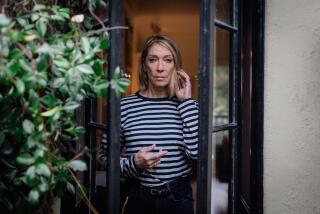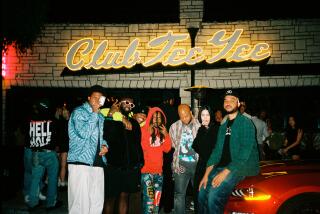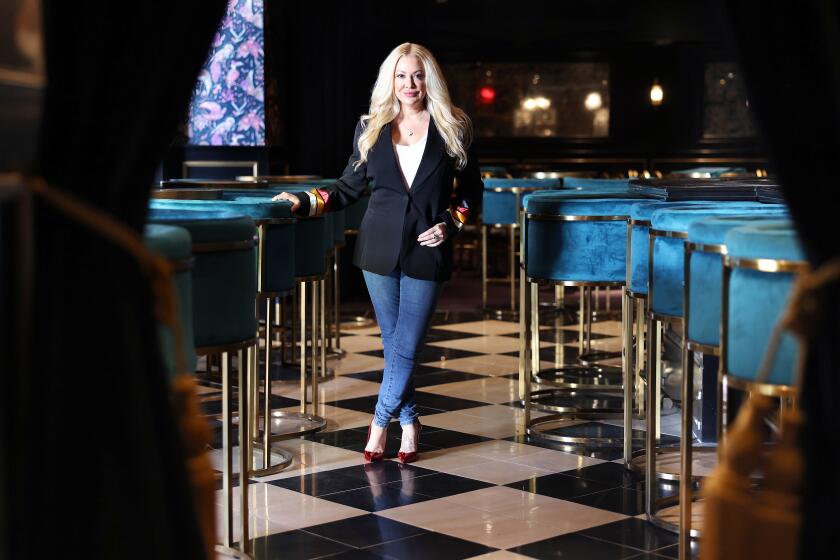A current sense of Wonder
STEVIE WONDER’S mother, Lula Mae Hardaway, famously co-wrote his hits “I Was Made to Love Her” and “Signed, Sealed, Delivered I’m Yours.” So after she died last year, Wonder soon realized that there couldn’t be a more fitting way to recover than to take those songs on the road for his first full tour in 12 years.
“It’s a place of healing for me and the things I’ve dealt with over the last few years, like losing my mother,” Wonder said at a recent L.A. press conference. “Through it all you need a mantra, and my mantra has been music.”
His “A Wonder Summer’s Night” tour, which stops at the Greek Theatre on Sept. 5, has special resonance for him. But like his landmark album “Songs in the Key of Life,” the tour was prompted by Wonder’s observations on both emotional pain and larger forces including Hurricane Katrina and growing schisms in American culture.
“We’re looking at a very interesting political situation and things that have happened socially, and I think people have to come together to free themselves to a positive place,” Wonder said.
Vintage soul and spacey funk, much of it inspired by Wonder’s sound, are doing quite well on the pop charts these days. With artists such as Amy Winehouse and Sean Kingston digging through dusty crates of Motown vinyl for their reference points, how does the original article feel about the kids rediscovering his classic work?
“People think they’ve heard it all, but then there are things you hear again done differently, and it’s exciting,” Wonder said. “Ne-Yo, he’s a great writer. And I love Beyoncé very much.”
Intriguing links to Cambodia
ANYONE who’s caught a set from Cambodian psych-rock band Dengue Fever knows its sound is one of the most original things going in Los Angeles . But there’s a long tradition behind Dengue’s Southeast Asian surf-rock hybrid. That history gets an overdue retrospective Tuesday, when the Knitting Factory screens “The Golden Voice,” a documentary on ‘60s Cambodian pop luminary Ros Sereysothea, for the first time in L.A.
Ros was one of the first singers to layer traditional Cambodian melodies and vocal inflections over searing, reverb-drenched garage-punk, though her life and career were cut short by the ascent of the Khmer Rouge. Greg Cahill’s film retells the unlikely story of her rise to stardom and tragic end in the mid-’70s in a work camp.
“Sleepwalking Through the Mekong,” Dengue Fever’s own charming documentary on the group’s 2005 trip to singer Chhom Nimol’s homeland, screens as well, and the band joins San Francisco-based jazz brainiacs Khmer Fusion Project to perform live. Anyone curious in this tiny but vibrant crossover scene (might Cambodia become the new Sweden for hipster-rock tourism?) would do well to check it out.
august.brown@latimes.com
More to Read
The biggest entertainment stories
Get our big stories about Hollywood, film, television, music, arts, culture and more right in your inbox as soon as they publish.
You may occasionally receive promotional content from the Los Angeles Times.







